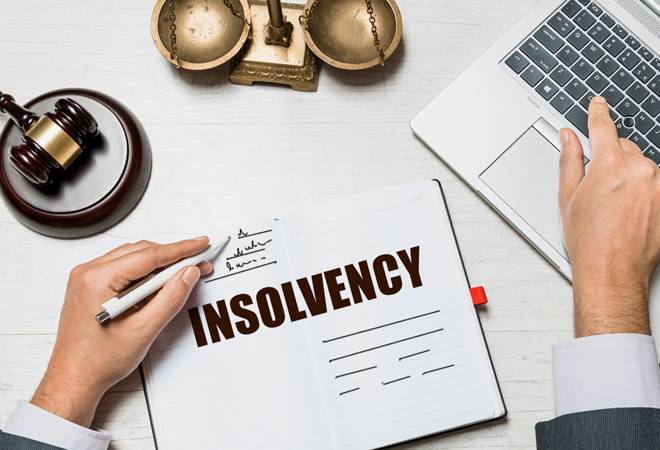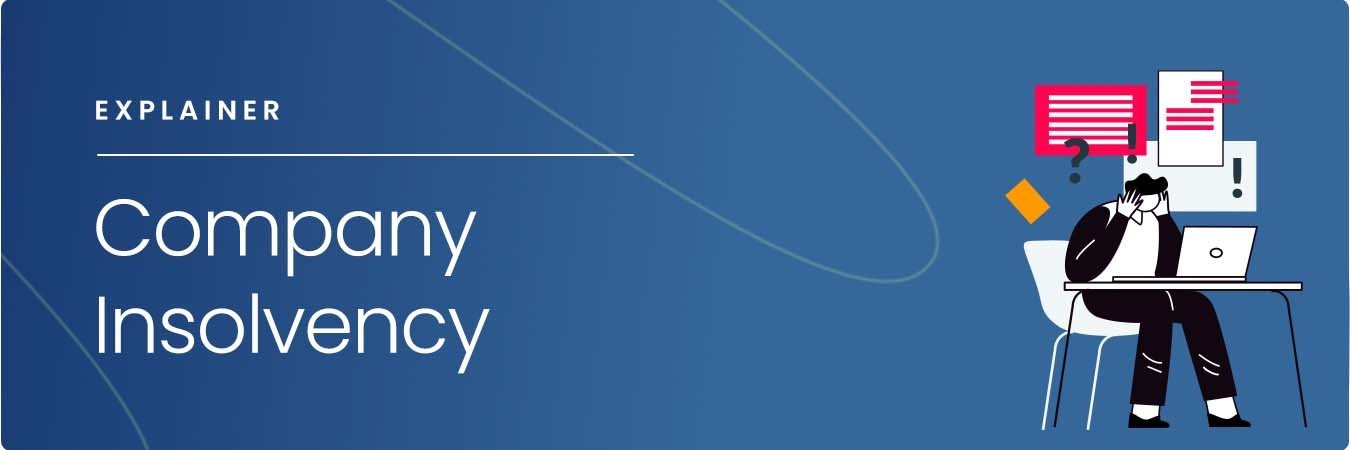Insolvency Practitioner Fundamentals Explained
Insolvency Practitioner Fundamentals Explained
Blog Article
What Does Insolvency Practitioner Do?
Table of ContentsSome Known Questions About Insolvency Practitioner.The 25-Second Trick For Insolvency PractitionerInsolvency Practitioner Can Be Fun For EveryoneInsolvency Practitioner - The FactsOur Insolvency Practitioner PDFsAn Unbiased View of Insolvency Practitioner4 Simple Techniques For Insolvency Practitioner
Insolvency is when liabilities are higher than the value of the business, or when a borrower can not pay the financial obligations they owe. A firm can come to be financially troubled because of a variety of scenarios that bring about inadequate capital. When confronted with bankruptcy, a business or individual can speak to lenders directly and restructure financial debts to pay them off.
Insolvency can result in insolvency procedures, in which lawful activity will be taken versus the insolvent person or entity, and assets. Insolvency Practitioner might be liquidated to settle outstanding financial obligations. Entrepreneur may call lenders straight and restructure financial debts right into even more convenient installments. Financial institutions are normally amenable to this technique since they desire to be paid off and stay clear of losses, even if the settlement gets on a postponed schedule.
The proprietor produces a proposition detailing exactly how the debt may be reorganized using expense decreases or various other plans for assistance. The proposition shows lenders just how business may generate adequate capital for rewarding operations while paying its debts. Normally, a forgiven debt may be taken into consideration income by the Internal Earnings Service (IRS).
The Best Strategy To Use For Insolvency Practitioner
When a business has to pay raised rates for goods and services, the company passes along the cost to the customer. Instead of pay the enhanced price, many customers take their business in other places so they can pay much less for an item or service. Shedding customers results in losing earnings for paying the company's creditors.
Business might end up paying big amounts of money in damages and be unable to proceed operations. When operations cease, so does the firm's earnings. Absence of revenue causes accounts payable and financial institutions requesting cash owed to them. Some companies come to be insolvent due to the fact that their goods or services don't evolve to fit consumers' altering demands.
A Biased View of Insolvency Practitioner
Expenditures exceed profits and bills stay overdue. Kinds of bankruptcy include cash-flow insolvency and balance-sheet insolvency. Cash-flow bankruptcy happens when a business has the assets to cover their debts however they remain in the incorrect kind, such as genuine estate rather than fluid funds. Balance-sheet bankruptcy, on the other hand, shows a lack of properties in any type of form to cover financial obligations.
The IRS states that a person is financially troubled when the overall liabilities exceed total assets. Insolvency Practitioner. A bankruptcy, on the other hand, is a real court order that shows exactly how a bankrupt person or service will pay off their creditors, or exactly how they will certainly offer their possessions in order to make the payments
Insolvency Practitioner Fundamentals Explained
When a company or individual is financially troubled, they can not satisfy their financial commitments. Insolvency is not the exact same as bankruptcy, although a business that has ended up being bankrupt might file for bankruptcy. Insolvency is the state of not being able to pay your responsibilities while bankruptcy is a legal process to discharge your financial obligations.
Understanding the elements that can cause insolvency, such as overspending, can assist you prevent bankruptcy and its consequences.
Insolvency Practitioner - Questions
It is popular that directors and police officers of companies (and managers of minimal liability firms) owe fiduciary obligations to their organizations and their shareholders (or participants). These fiduciary commitments are defined by state laws and, though there are variations from one state to another, they usually include a responsibility of loyalty and a duty of treatment.
The obligation of care requires directors and click here for more info policemans to work out persistance, to make educated decisions, and to act in great confidence so that their activities remain in the ideal rate of interest of the company. Beyond the scope of this conversation, some states enable these duties to be limited either by so noting in the organizational documents or conforming with other demands.
Indicators on Insolvency Practitioner You Should Know

Take care regarding this website offering shareholders favoritism at the expense of lenders (e.g., licensing and funding a reward or a stock redemption). Take care about favoritism between courses of shareholders. Clear up efforts to discover all the realities before taking a certain strategy; supervisors ought to truly believe that any type of decisions made remain in the very best interests of the firm in its entirety (i.e., decisions will certainly be evaluated in hindsight due to the effect of such activities on the company).
In any kind of bankruptcy or insolvency case, repayments made to certain financial institutions at the cost of other lenders can be clawed back, specifically if there is some connection in between the business and the financial institution. Consider proposing at an annual investor meeting (or any type of various other meeting of stockholders) a resolution attesting that all prior organization choices and actions taken by the supervisors and officers of the corporation were absorbed excellent faith after an exercise of reasonable treatment.
Excitement About Insolvency Practitioner
Completely disclose any type of personal or company partnerships with events on the other side of purchases including the firm to avoid the look of a problem of passion. In examining potential fund raising deals or a sale of possessions of the struggling company, realize that these transactions might be scrutinized advice later because of any type of succeeding expansion of directors' fiduciary duties to consist of financial institutions.
Report this page